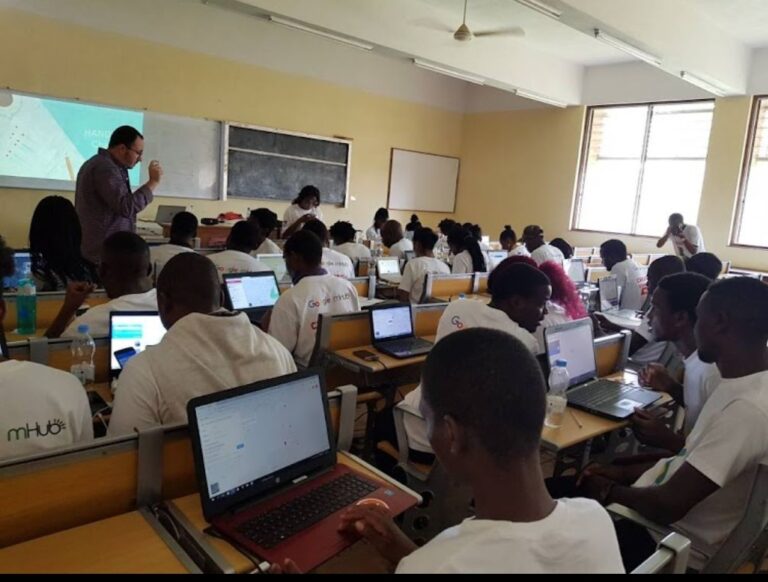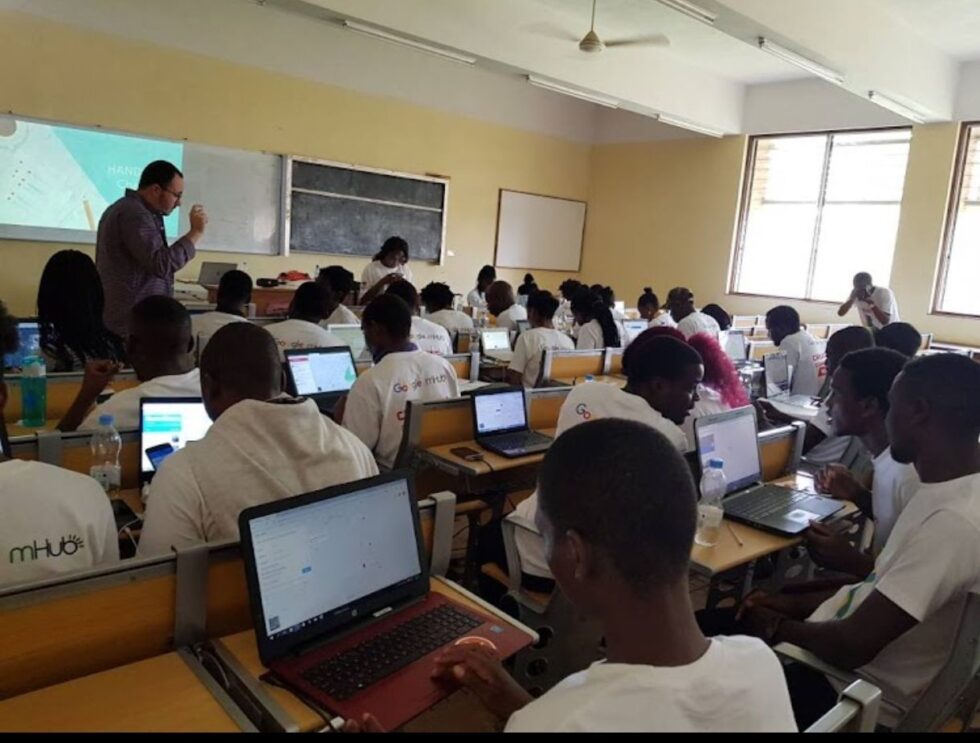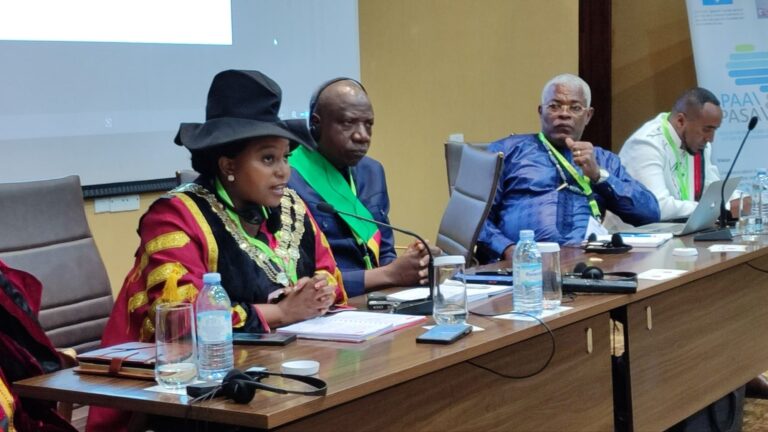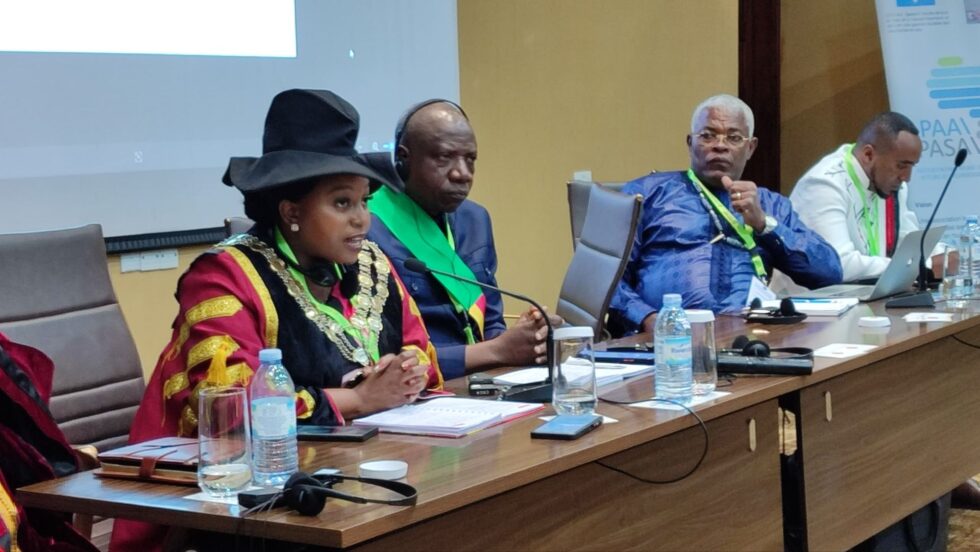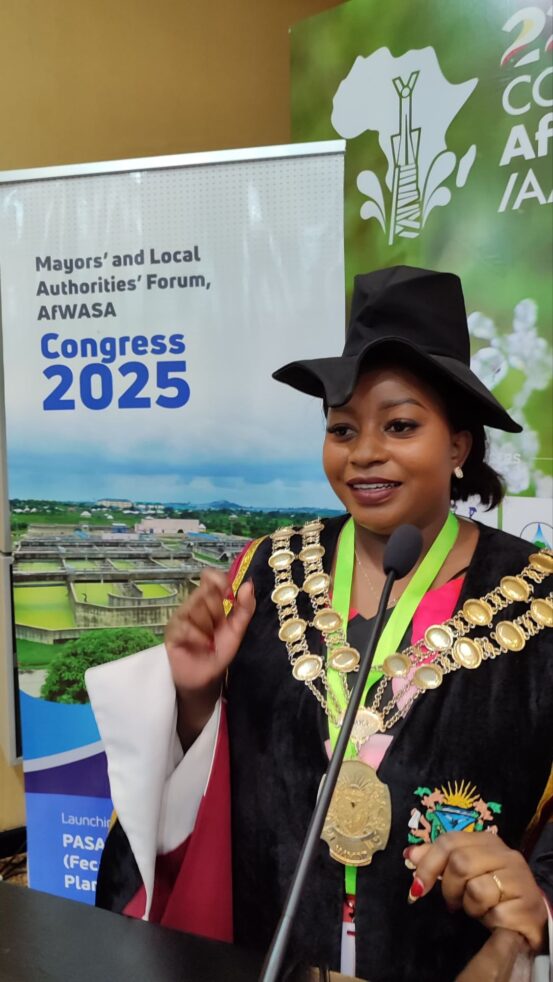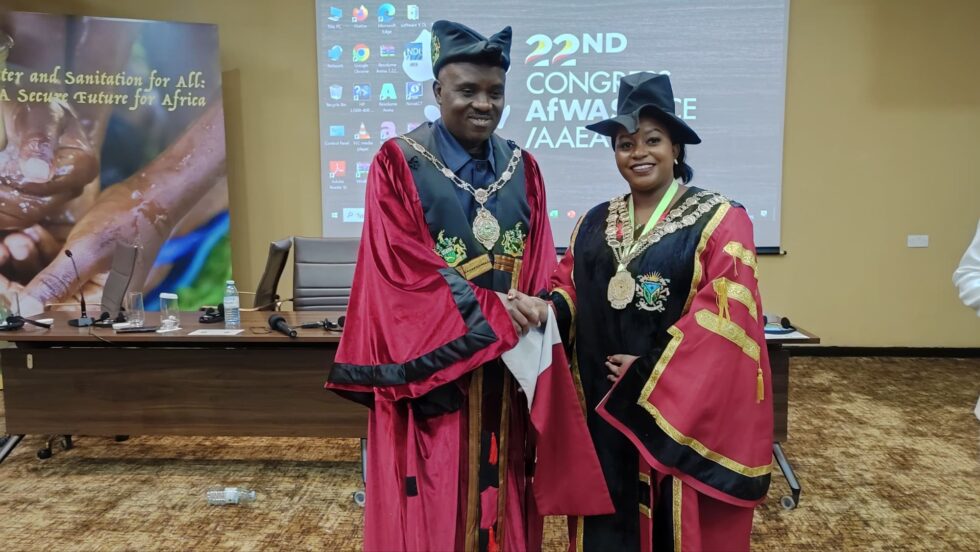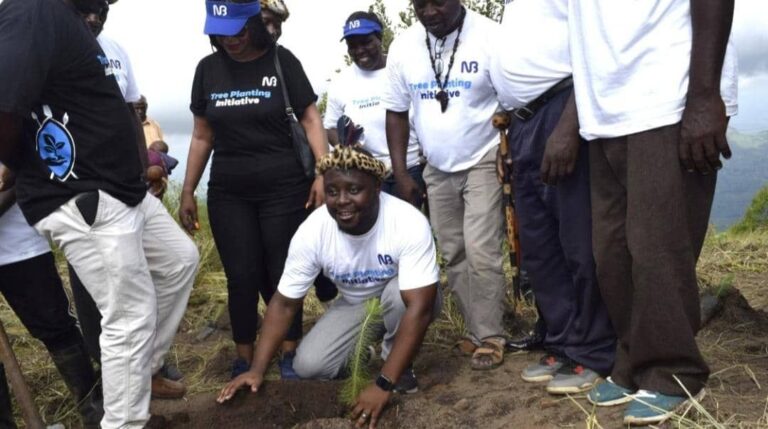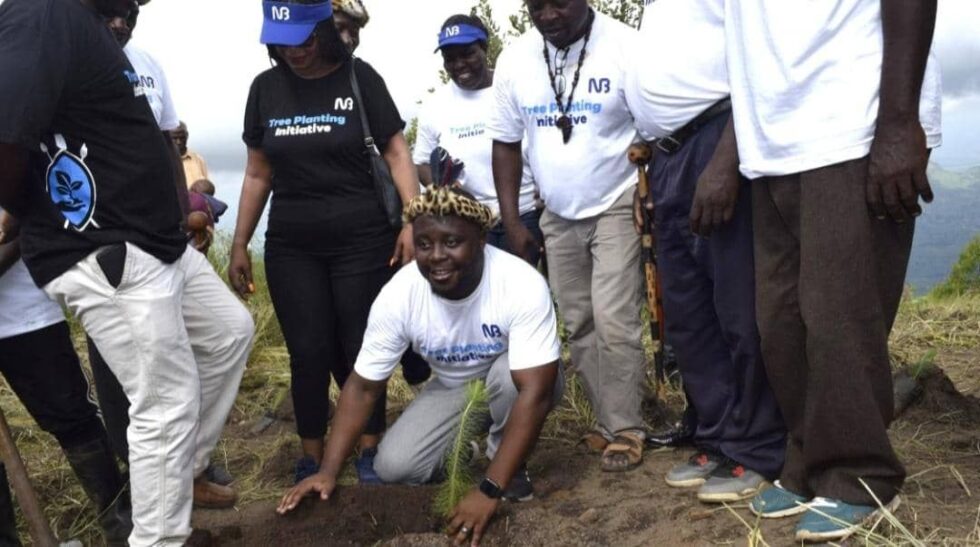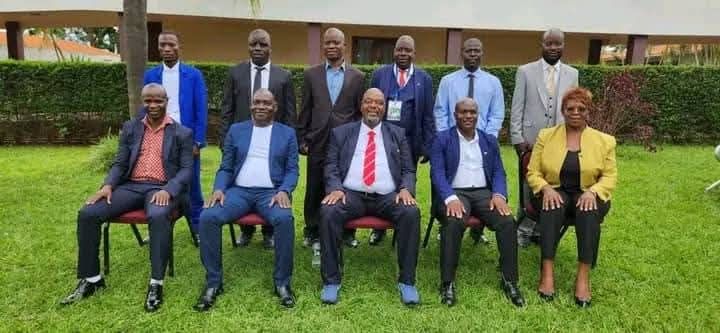By Twink Jones Gadama
The Human Rights Defenders Coalition (HRDC) has called on President Lazarus Chakwera to take drastic measures against ministers and public officers who provided his office with incorrect information regarding the country’s development projects.
According to HRDC Chairperson Gift Trapence, the officials’ actions are an insult to the President and warrant immediate termination.
Trapence emphasized that the President should be outraged by the officials’ unprofessional conduct and take swift action to reprimand them. “This should make the President angry enough to fire them and not let them go out to clarify his State of the Nation Address (Sona),” Trapence said. He added that failure to punish the officials would perpetuate a culture of dishonesty and unaccountability.
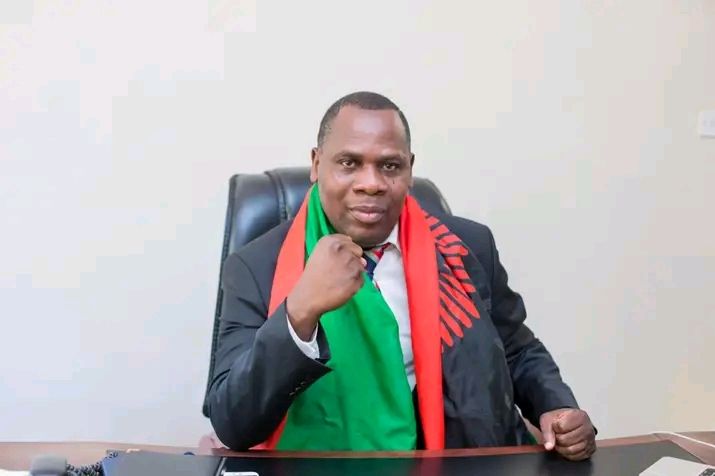
The HRDC’s call comes on the heels of President Chakwera’s State of the Nation Address, which has been met with criticism and skepticism from various quarters.
Secretary to the President and Cabinet Colleen Zamba announced yesterday that Cabinet ministers will provide updates and clarifications on queries raised following the presentation of the Sona.
However, the HRDC is not convinced that this move will suffice, arguing that the officials responsible for providing false information must be held accountable. “It is important for the President to set the record straight by reprimanding such unprofessional officials,” Trapence said.
This is not the first time the HRDC has called for action against government officials.
In 2022, the organization gave President Chakwera a 21-day ultimatum to address the fuel crisis and fire underperforming ministers and officials.
The HRDC’s latest call has sparked debate about the need for accountability and transparency in government.
As the country grapples with various challenges, including economic woes and infrastructure development, the importance of reliable information and responsible leadership cannot be overstated.
In recent months, President Chakwera has faced criticism for his administration’s handling of various issues, including the fuel crisis and corruption allegations.
The HRDC’s call for action against officials who provide false information may be seen as a test of the President’s commitment to transparency and accountability.


